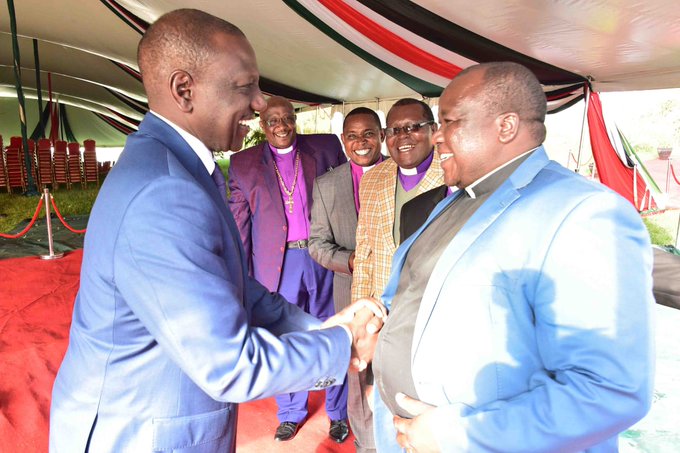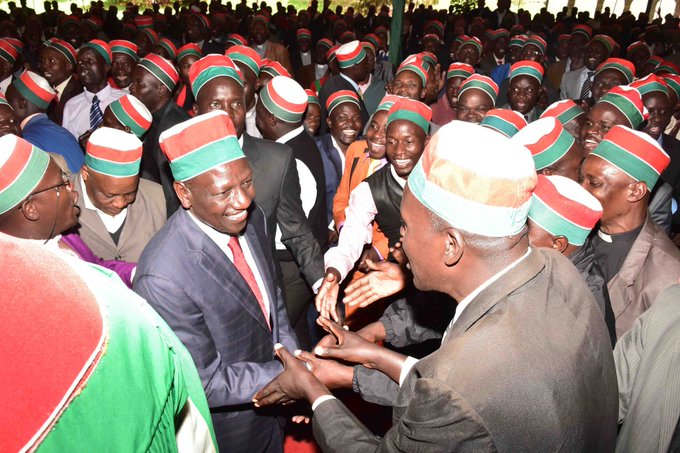Last year, Nigerian chartered accountant Oby Ezekwesili said: “Anyone who wants to tackle corruption must be willing to go all the way. There are no shortcuts.”
At a time when the Church in Kenya is grappling with the best way it can offer its contribution in the fight against corruption, these words would come in handy.
The move by the Anglican Church of Kenya Archbishop Jackson ole Sapit and a section of other church leaders to ban politicians donations to the Church is laudable. It is a step in the right direction, but it isn’t enough.
If the Church is committed in the fight against the almost insuperable vice, then it must be prepared to go all the way. For it to win, the Church must know itself and accept stark reality that it has hobnobbed with politicians to a point of getting compromised.
Some men of cloth have been accused of swindling unsuspecting members of the society through false promises. The majority have allegedly amassed wealth at the expense of followers while others lead ungodly lives. Like the Laodicean church in the Book of Revelation, the Church in Kenya has been blowing hot and cold.
The Bible is clear on the kind of government God envisioned. Further, Jesus set an example for Christians. So, if the Church is ready to clean its hands before embarking on cleansing the nation of the plague of corruption, then it must turn to the Bible for guidance.
The book of Psalms 72 says the king should defend the cause of the poor, come to the aid of the needy and crush the oppression. And in Romans Chapter 13, Apostle Paul explains that those in authority are God’s servants and should exercise it for the good of the people.
Biblically, the government should execute its executive, legislative and judicial functions only for the good of the people.
In his days, Jesus Christ healed the sick, delivered many from the slavery and their dehumanisation and relentlessly challenged religious and political leaders to be just. In the Old Testament, prophets were God’s spokesmen challenging rulers whenever they walked away from God’s will. Many of this models of Christianity paid the ultimate price for standing by what was just.
The Kenyan Church today must emulate Christ and the prophets. It must be exemplary in the management of finances, promoting cohesion and harmonious coexistence as well as in its openness to scrutiny.
It is an open fact that Kenya is a corruption-beleaguered country. The pangs of the vice are felt far and wide and the cost of living has gone high. Corruption has destabilised Kenyan economy and undermined people’s fundamental rights.
In the face of dehuminisation caused by the runaway corruption, the Church must stop its dalliance with politicians, stand up and be counted in the push for good governance and call out Jubilee government to exercise restraint in the way it handles public funds.


